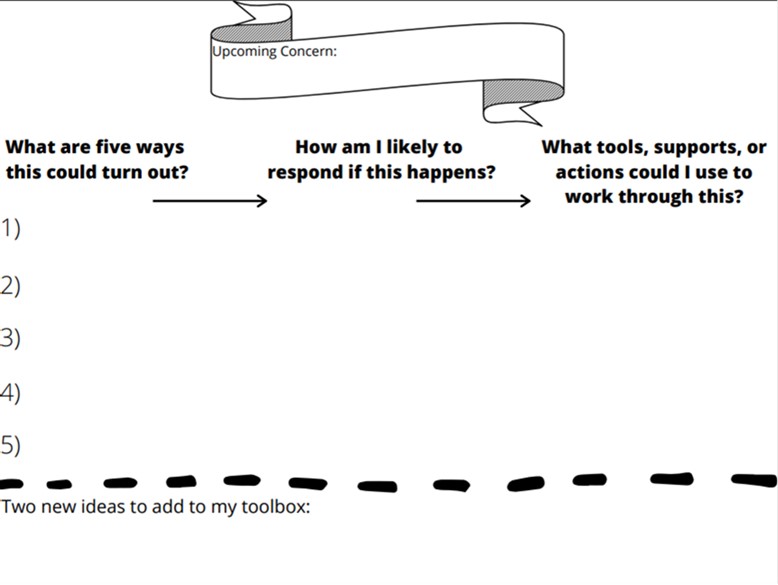
Coping Ahead
Two months ago, on the eve of the Presidential Election, our counselors put together a Social-Emotional Lesson (SEL) for our students on coping. Each advisory group learned the strategy of “coping ahead,” which involves anticipating what the future may hold and planning or practicing healthy responses to those potential situations. The idea is simple: rehearse your emotional response to a possible situation so that when that situation, or one like it, arises you are ready for it and can respond appropriately. We have all had to deal with uncertainty and the stress that comes with it these last several months, perhaps more than ever. With our lives upended by the pandemic and with political polarization bubbling over into violence, there is plenty of cause for feelings of fear, doubt, and stress—which is the perfect time for us all to practice coping skills. With President-Elect Biden’s Inauguration just days away, and the specter of protests and potential political violence looming, we re-share this lesson on Coping Ahead in the hopes that it will provide you and your family a useful tool in talking about the Inauguration and managing emotions.
“Personal Leadership: thinking ahead to navigate future challenges”
An exercise in anticipating and planning our responses to future situations:
- This activity is a useful tool for challenges and worries of any kind. Our hope is that we can familiarize you all with it for two purposes:
- This strategy, called Coping Ahead, has us consider a future challenge and rehearse how we will use skills and resources to navigate it. This, in and of itself, is a skill in decision-making and anxiety mitigation.
- We want to use it today as an exercise for us, the EPS community, to think ahead to the inauguration and consider how we might prepare to respond and cope for the various possible outcomes. Specifically, we hope that this can be an asset to each of us individually and help us to avail ourselves to our children/students by being present and supportive to them.
- Pre-think question: What was a time that you encountered an unexpected challenge? What helped you successfully navigate that experience?
- The visual guide for this activity is as shown on the top right. It is a template to allow a person to imagine any anticipated event or challenge that is important to them and consider the following: what are 5 ways that this could realistically turn out? And for each outcome: how am I likely to respond? What tools, supports, or actions could I use to work through this? Do those around me have strategies or ideas that I may want to try?

